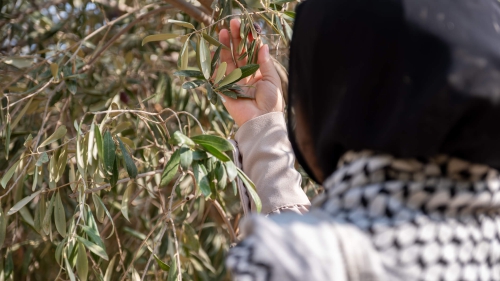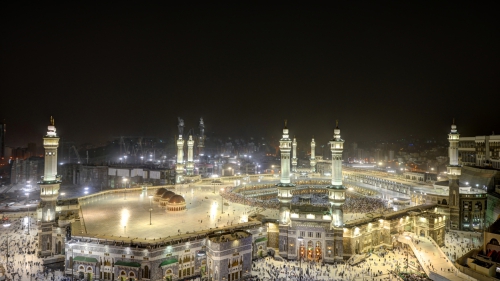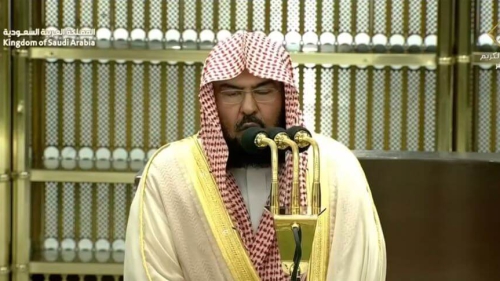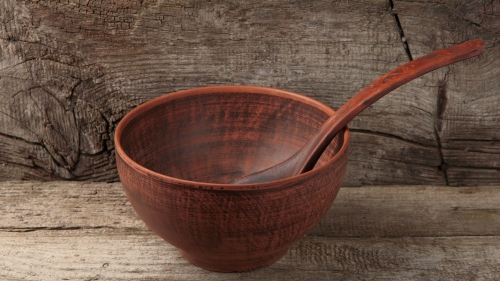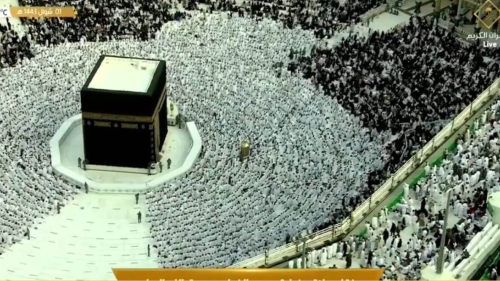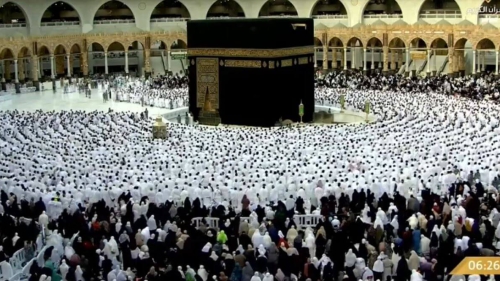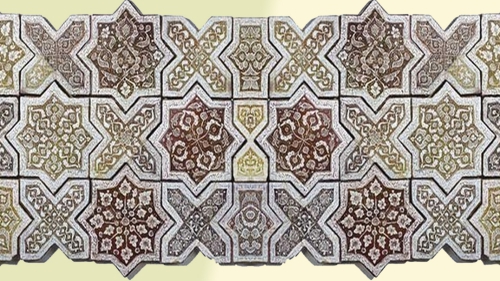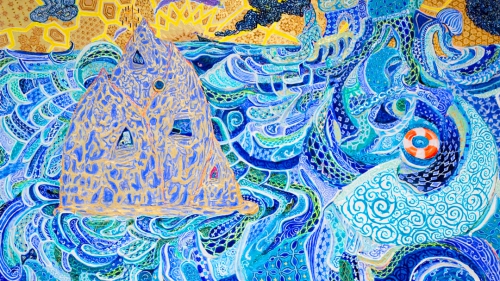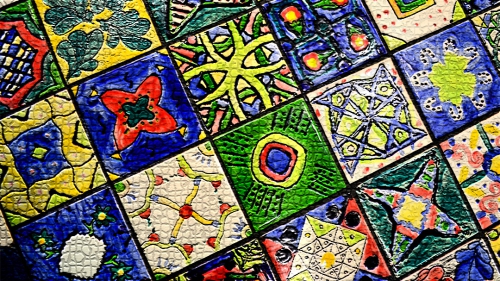Fitness & Feasting during Ramadan

Ramadan is a month of spiritual cleansing, as we all know. Fasting from dawn to dusk makes a person tolerant, patient, determined and compose. If observed according to its prerequisites one can attain self control not only in hunger but also on various other emotions e.g.- anger, frustration, negativity, stress…etc.
Besides being spiritual in nature, fasting also helps in physical cleansing. Backed by many scientific research, fasting helps in weight management as well as supports growth hormones. That’s the reason intermittent fasting is the ‘buzz’ word with many health and fitness enthusiast, due to its many advantages.
This one month teaches a person to be disciplined for the rest of the 11 months. Let’s talk about attaining this self-control, keeping in mind the diet and fitness regime. What to eat and what to delete from your diet is the criteria to achieving the desired health goals. Keeping in mind the longevity of the day, one must have the pre-dawn meals accordingly. Besides food, water intake is of utmost importance especially when Ramadan is during summer times.
Include fibre and protein-rich food during suhoor (pre-dawn meal). This will ensure satiety till dusk. Avoid sweet and fried food during this time to ward off the risk of thirst.
Food one should have during suhoor:
- Eggs
- Chicken
- Different types of legumes
- Pulses
- Whole wheat bread or roti/khubz
- Multi grain bread or roti/khubz
- Veggies with high water content e.g.: cucumber, lettuce, bottle gourd, tomatoes, etc. (to keep one hydrated for a day long fasting)
- Again, fruits with high water content, top-most being water melon, musk melon, different types of berries etc.
- Milk. Since it has 80% water
- Curd also helps to curb thirst for a longer period of time
Concentrate more on eating fruits and vegetables, since these are all rich in fibre as well as water. Hydration and fullness will be taken care of!
Let’s discuss the Iftaar (breaking of fast) meal
Iftar must be as healthy as your pre-dawn meal. Before you eat, have lots of water and according to the sunnah, dates. The wisdom in Islam is never ending, breaking the fast with dates. Why dates? Dates are rich in potassium even more than a banana, rich in fructose, and a very good carbohydrate blend, which will provide the required amount of energy after a day-long fasting. Since fasting also helps in cardio-vascular health if a person does not have IBS, no its not irritable bowel syndrome, its Iftar binge syndrome. One can eat other food too, provided it’s in moderation. Of course, plenty of fluids to hydrate the system, preferably with water.
Let’s talk about the fitness part now
Since we all know that diet contributes 80% to weight loss and exercise just 20%. Exercise is equally important along with a balanced and nutritious diet. It is always detrimental to work out in a fasted and dehydrated state, which eventually creates loss of strength.
The best timing would be one hour after iftar or after taraweeh (highly recommended night prayers established during Ramadan). One must go easy on cardio and concentrate more on weight or strength training. As far as weight training is concerned, it should be done after taraweeh, since you are already done with your required meals as well as hydrated, everything will be utilised for muscle building. Cardio should be done minimally, preferably twice a week. More than steady state cardio one must consider ‘Hiit’ (high intensity interval training), since it helps save a lot of time and fat loss will be faster too, it’s like hitting two birds with one stone. The best way to do ‘Hiit’ would be sprinting for 30 seconds and slow paced walk for a minute or so, doing it 4 to 5 times will serve the purpose, else a moderate pace workout for 35 to 45 minutes would also be beneficial.
Lastly and most importantly, our aim should be more on the spiritual front. Since this month comes only once a year. We need to make the most of it. Let’s be optimistic but for all you know we may not be alive to experience Ramadan next year.
May Allah (swt) guide us to remain steadfast in our religion and make us healthy - spiritually, physically and mentally. Ameen.
Mona Sayyad is a fitness enthusiast & practicing Muslimah from India.










